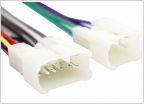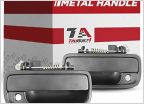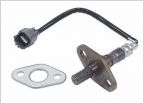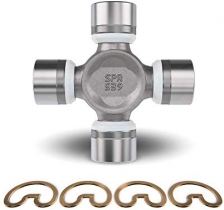-
Welcome to Tacoma World!
You are currently viewing as a guest! To get full-access, you need to register for a FREE account.
As a registered member, you’ll be able to:- Participate in all Tacoma discussion topics
- Communicate privately with other Tacoma owners from around the world
- Post your own photos in our Members Gallery
- Access all special features of the site
Engine oil suggestions?
Discussion in '1st Gen. Tacomas (1995-2004)' started by N81292, Dec 20, 2016.
Page 3 of 3
Page 3 of 3


 Best Radio deck.
Best Radio deck. Code scanner showing high ECT readings
Code scanner showing high ECT readings Door handle death
Door handle death External Temperature Gauge/Thermometer
External Temperature Gauge/Thermometer Which trans do I have?
Which trans do I have?












































































